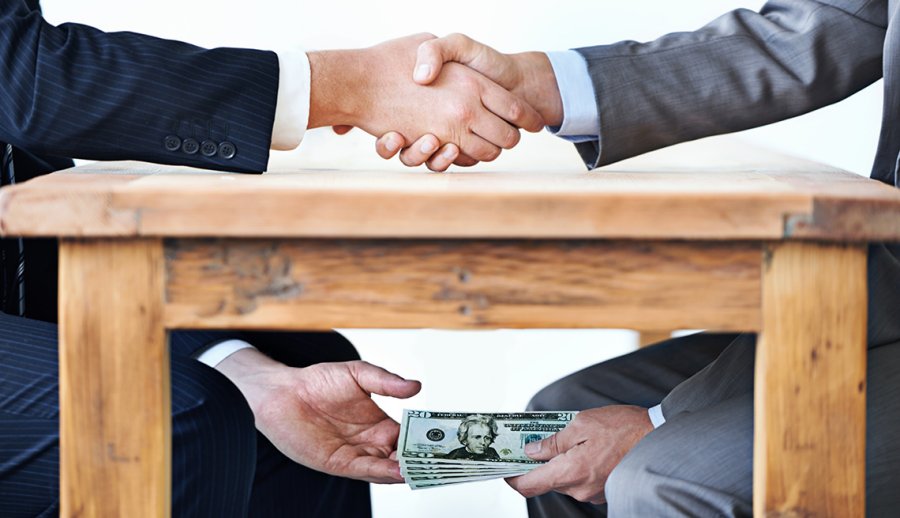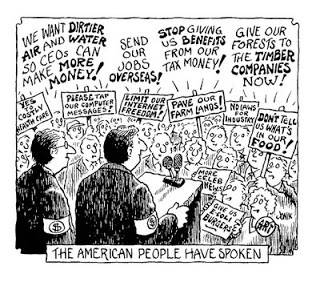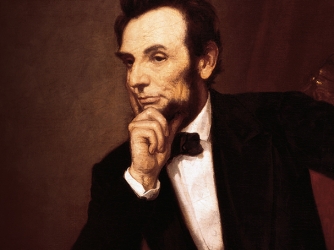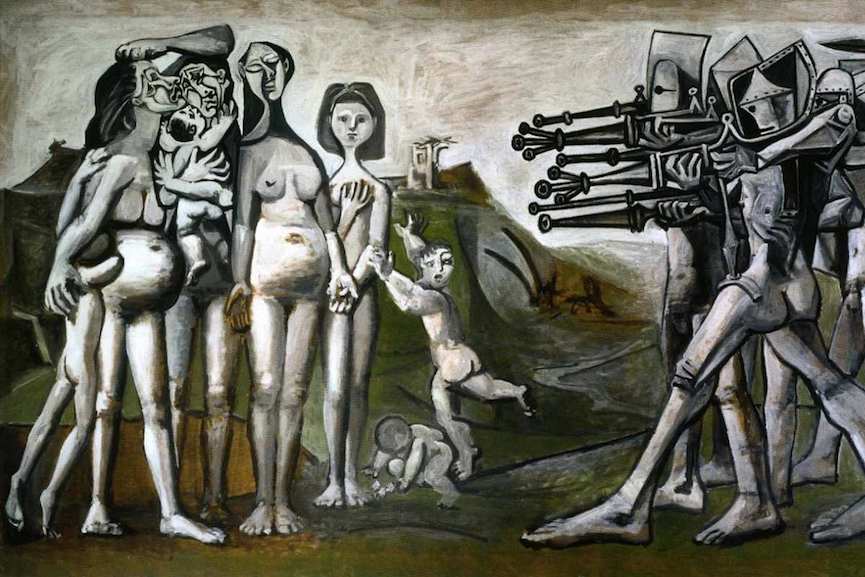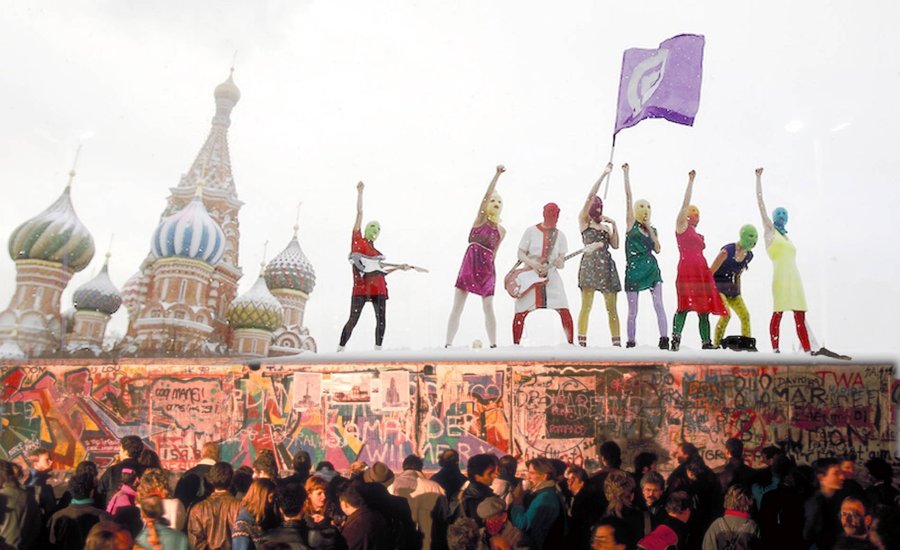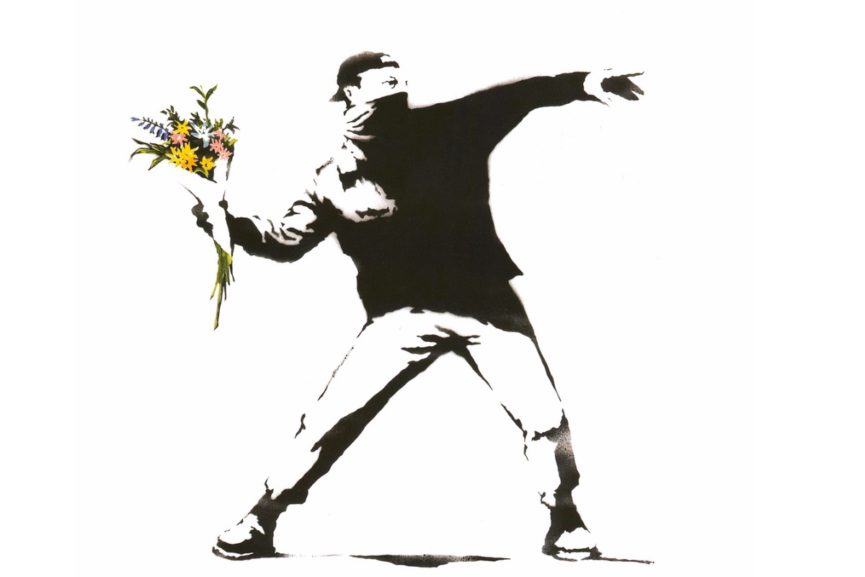What if a regime employed a dismal us-versus-them divide in national politics to destroy faith in institutions capable of containing its power? Things like elections, an independent judiciary, journalism, the public forum – thereby eliminating checks on its own self-enriching schemes. Publicizing false charges of corruption while engaging in unfathomably corrupt practices is typical of fascist politics, and sham anti-corruption campaigns are frequently at the heart of fascist political movements.
What if the regime used these same divisive politics to build popular support for a tax system that preserves and increases wealth for few most privileged while creating no new opportunities for everyone else?
We are observing ironic hypocritical tactics of waving the banners of nationalism in front of middle-and working-class white people in order to funnel the state’s spoils into the hands of oligarchs has become routine.We need to breakdown and understand the fascist ideology as it was employed in Germany, Italy, Hungary, Rwanda Myanmar, Serbia and, yes, the United States.
In all fascist regimes, a mythic past is promoted, some extreme version of the patriarchal "family" reigns supreme, sometimes only a few generations ago...the autocratic leader promotes himself as the patriarch. In the rhetoric of all extreme nationalists, a glorious past has been lost by the humiliation brought on by globalism, liberal ideas, cosmopolitanism, and respect for ‘universal values’ such as equality. These values are supposed to have made the nation weak in the face of trumped up threatening challenges to the nation’s existence.
The rhetoric we are bombarded with every day now is based on the fascist idea of us and them. Trump leads fascist chants at rallies, encourages his supporters to use violence, he praises a politician who attacked a journalist, he mused that Hillary Clinton should be assassinated, denigrates the intelligence of African Americans, associates migrants with criminality, runs anti-Semitic advertisements, spreads the Nazi trope of Jews as ‘globalists,’ and endorses the anti-Semitic idea that the Jewish financier George Soros is responsible for his political opposition and even finances bands of disease ridden criminally insane boogiemen to "invade" the US — but he and his followers will puff chests and swell sinuses if anyone points this out.
Attacks on journalism an autocrat doesn’t like being called “fake news” follows the Nazi tactic of berating the Lügenpresse, or “lying press”. A phrase that has sadly returned to the political conversation in free world with the resurgence of the populist far right.
But linking Trump to fascism is not to assume that he’s the second coming of Hitler, Mussolini, Franco, Perón, Salazar, or Szálasi... it is to point to worrying currents swirling through American democracy and the treacherous path down which this president is leading the nation. Anyone familiar with the history of autocrats in the last century or Plato's Republic can see the writing on the wall.
Trump's narcissism & general ignorance will eventually be his own undoing, he will fail at the hands of his own incompetence. However this does not mean the nation or civilization will survive unscathed. This brand of "nationalism" has been sold to a large enough segment of the populations of numerous democratic countries...people who have no memory of what "nationalism" wrought in the world wars, or who for perverse reasons beyond the comprehension of any reasonable human beings, would prefer the Nazis had won.
Fascist bastards in the USA.
Fascists reject liberal democracy, which is basically a representative kind of government where elections are free and competitive, powers between different government branches are separated, and people have more or less equal rights, freedoms and protections under the law. Fascists, on the other hand, prefer totalitarian one-party rule, led by a strong leader (your favorite dictator). This allows the fascist country to have unparalleled national unity of purpose, a very ordered society, generally ready for armed conflict. Such a society is also poised to respond quickly to economic measures, especially in time of difficulties. A fascist country will likely isolate itself, blaming the international economic order for its troubles.
_crop.jpg/325px-Charlottesville_'Unite_the_Right'_Rally_(35780274914)_crop.jpg) |
| "Nationalists....with a mythical past" |
Putin & his inner circle of oligarchs. Why?
Because it doesn't seem to take much to get liberal democracies to destroy themselves. Which would leave Putin & his cronies in position to prosper greatly in the void left from their fall.
Read more:
The far right extremists are making inroads everywhere, not just the US.
Neo-nazis & white supremacists are jumping for joy over Trump's "I'm a nationalist" statement.



